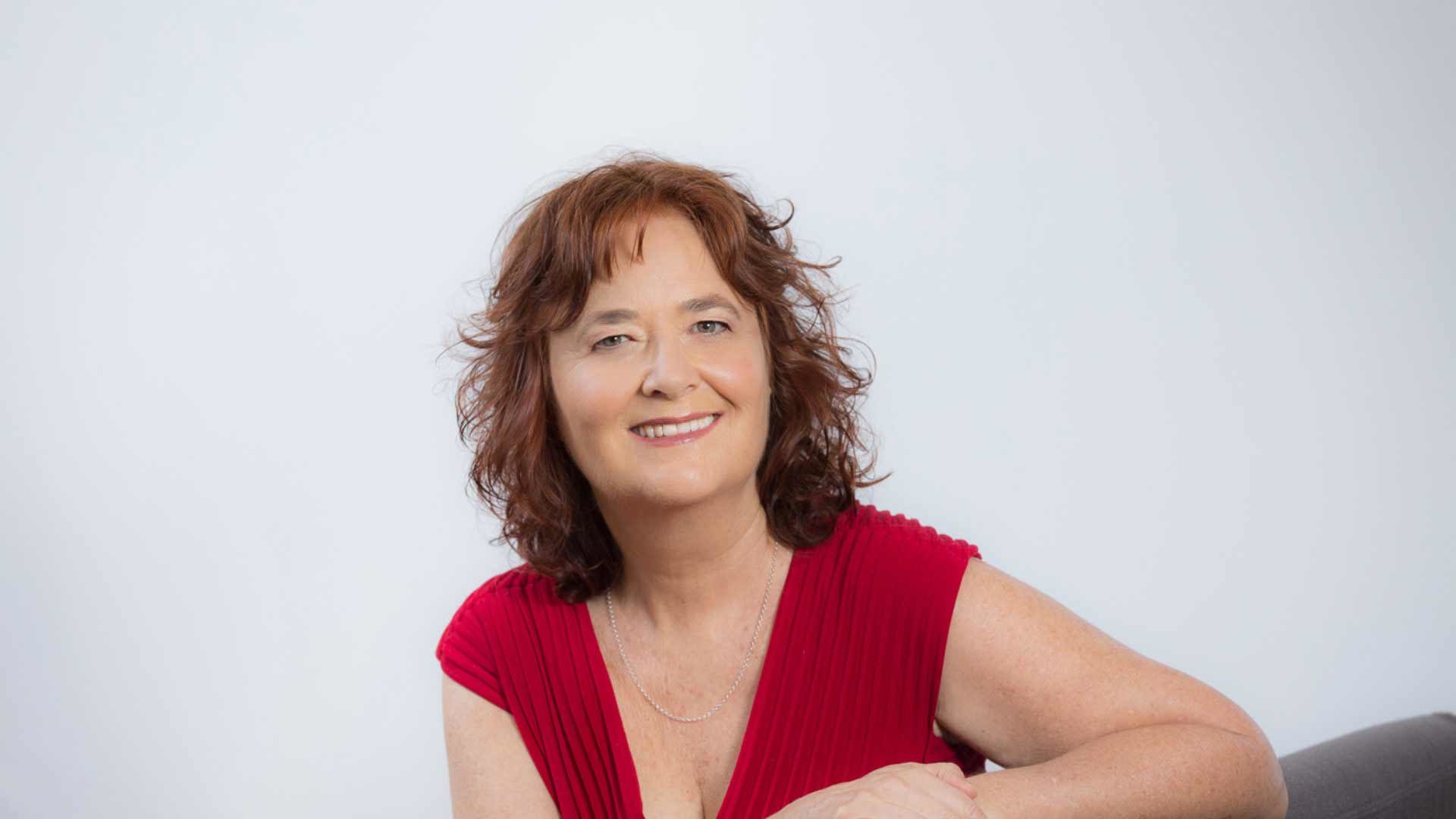Research with gifted children and adults
I undertook unique research: asking adults who had attended gifted education programs to tell me how those programs had impacted not just their school years, but most importantly their adult lives. Education is for life, and if we are to effectively evaluate education we must take a whole-of-life perspective. I also interviewed children attending a full-time gifted and talented class, to see whether they had any similar concerns to the adults.
The research participants
All of those I interviewed attended regular schools as well as special classes and schools for the gifted during their educational careers. It became clear that most of what I was hearing and discovering from the gifted was relevant to all children, regardless of their apparent ability levels.
The adults ranged in age from 21 to 86, the children were ten and eleven years old. This gave me insight into educational and parenting practices over a period in excess of three quarters of a century. There was an amazing correlation between the adult’s and children’s data in terms of the themes and issues raised over such a lengthy time-frame – and from people with widely differing backgrounds also.
Most giftedness research has been on children not adults
One of only a handful of educators in the world to ask adults to tell how their educations have impacted their lives, I have been given rare in-depth insights into the lifelong outcomes of educational experiences. With such a wide range of ages revealing common themes and experiences, I have been privileged to see the ‘before’ and ‘after’ – how experiences in childhood can impact later life. It makes you realise how precious and fragile each life is, and to appreciate how seemingly small, subtle and insignificant actions can change the courses of people’s lives.
Educational guidance for families and schools
This rich and rare material is contrary to much of the accepted wisdom. Some of the issues have gone unaddressed and even unrecognized for over seventy-five years. If fed into teaching and parental decisions, the insights could transform education and life outcomes for all.
With amazing accord, the interviewees told me about the issues which really determine whether people are successful and fulfilled in their lives: self-esteem and self-confidence, passion and purpose, the ability to think and reflect critically, and ethical and spiritual development, among others.
What is equally useful is that they show you the “how” and the “why” in very real and personal ways: they describe in vivid detail childhood experiences which aided as well as hindered the development of these qualities and abilities. Their testimonies take you to new levels of understanding which move far beyond the discussion of “basic competencies” taking place in the popular media.
One of the most forceful results is the adults’ assertions that their educations did not prepare them adequately for life – this came from those who had supposedly received the best that education has to offer. Their evidence brings to mind the ideas of some of the world’s greatest educators from Socrates to Dewey. Modern education has abandoned much of what these ‘greats’ said, yet the interviewee’s testimonies indicate their words are just as relevant today as ever.
The insights I gained through my research inform every aspect of my work: from working with families to designing courses to meet the specific needs of schools.
GET IN TOUCH...
To arrange a consultation or workshop, please send me a message.
